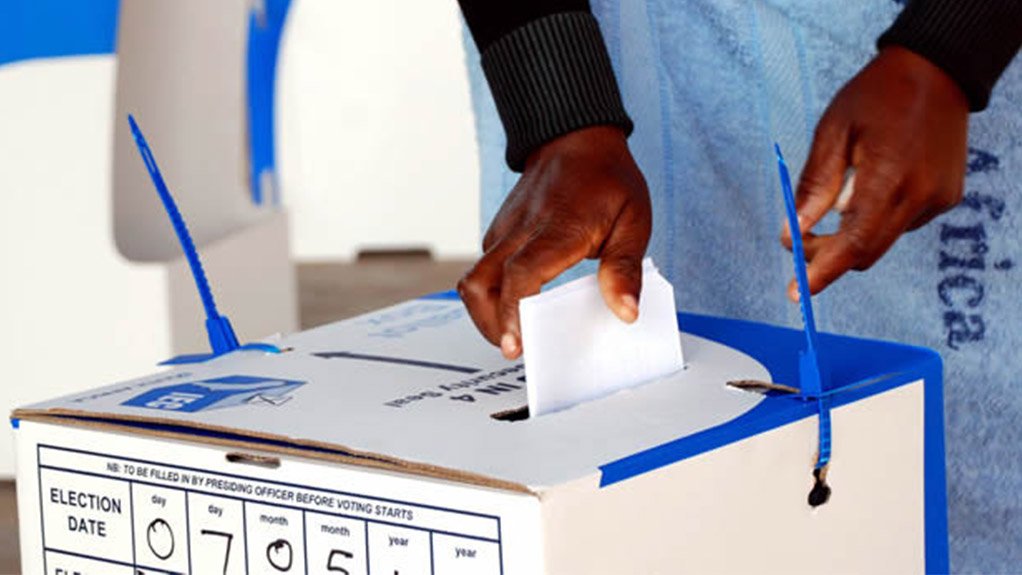On Thursday, 232 MPs voted in favour of the controversial Electoral Amendment Bill.
Civil society organisations have been urging MPs to reject the Bill, saying if it is passed, Parliament will jeopardise citizens’ right to vote and cause injustice to the country’s democracy.
Ninety-eight MPs voted against the Bill and there were 3 abstentions. The Bill will be sent to the National Council of Provinces for concurrence.
The votes were broken down as follows:
- 197 ANC MPs vote in support
- 73 DA MPs vote against
- 32 EFF MPs vote in support
- 13 IFP MPs vote against.
- 8 FF Plus MPs vote against
- 4 ACDP MPs vote against
- 2 GOOD MPs and 1 AIC MP abstain
- 1 PAC MP and 1 Al Jama-ah MP vote in favour.
- 1 COPE MP votes against
Parliament was given until December 2022 to finalise the Bill and a committee was established to advise Parliament on what electoral system South Africa could adopt to accommodate the change in the Act – the current electoral system or a mixed-member constituency.
“Much to our disappointment, Parliament has opted to endorse a minority view of the report that does not make substantial changes to the electoral system. The Electoral Amendment Bill consultative process undertaken by Parliament has been equally flawed, as citizens’ preference for the majority view was overridden,” said civil society organisation Defend Our Democracy.
Supporting the call for the rejection of the Electoral Amendment Bill Anglican Archbishop Thabo Makgoba said the reform Bill presently favoured political parties, and centered power and control within them and not the electorate.
Defend Our Democracy warned that if the Bill was passed, independent candidates would need to receive about 8 000 signatures to stand for elections. This while political parties only need 1 000 signatures.
It also pointed out that independent candidates could lose out on winning seats in Parliament and have their votes given to political parties.
“If for example, 50 000 votes are required to win a seat, and an independent gets 250 000 votes, then 200 000 votes get discarded and wasted. However, if a political party gets 250 000 votes, they will likely get five or even more seats. At a provincial level, if for example, 50 000 votes are required to win a seat, and an independent gets 250 000 votes, then their 200 000 votes are distributed between political parties,” the organisation warns.
It also questioned the equality of votes by noting that independent candidates would be required to get twice as many votes for a seat in Parliament, compared with political parties.
Further, the Bill does not allow for a by-election once an independent candidate vacates their elected position. Instead, it uses a "recalculation" which could allow a political party to fill the vacancy.
Defend Our Democracy also argued that Parliament did not adequately publicly consult on the Bill or consider arguments against the Bill made by civil society.
It added that if the Bill was passed as is, voters would not be able to vote for or hold MPs or MPLs directly accountable in their respective wards or districts.
EMAIL THIS ARTICLE SAVE THIS ARTICLE ARTICLE ENQUIRY
To subscribe email subscriptions@creamermedia.co.za or click here
To advertise email advertising@creamermedia.co.za or click here











